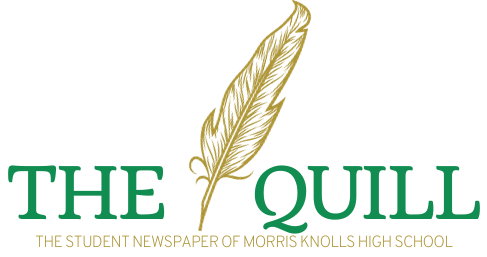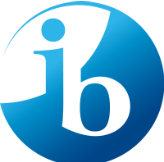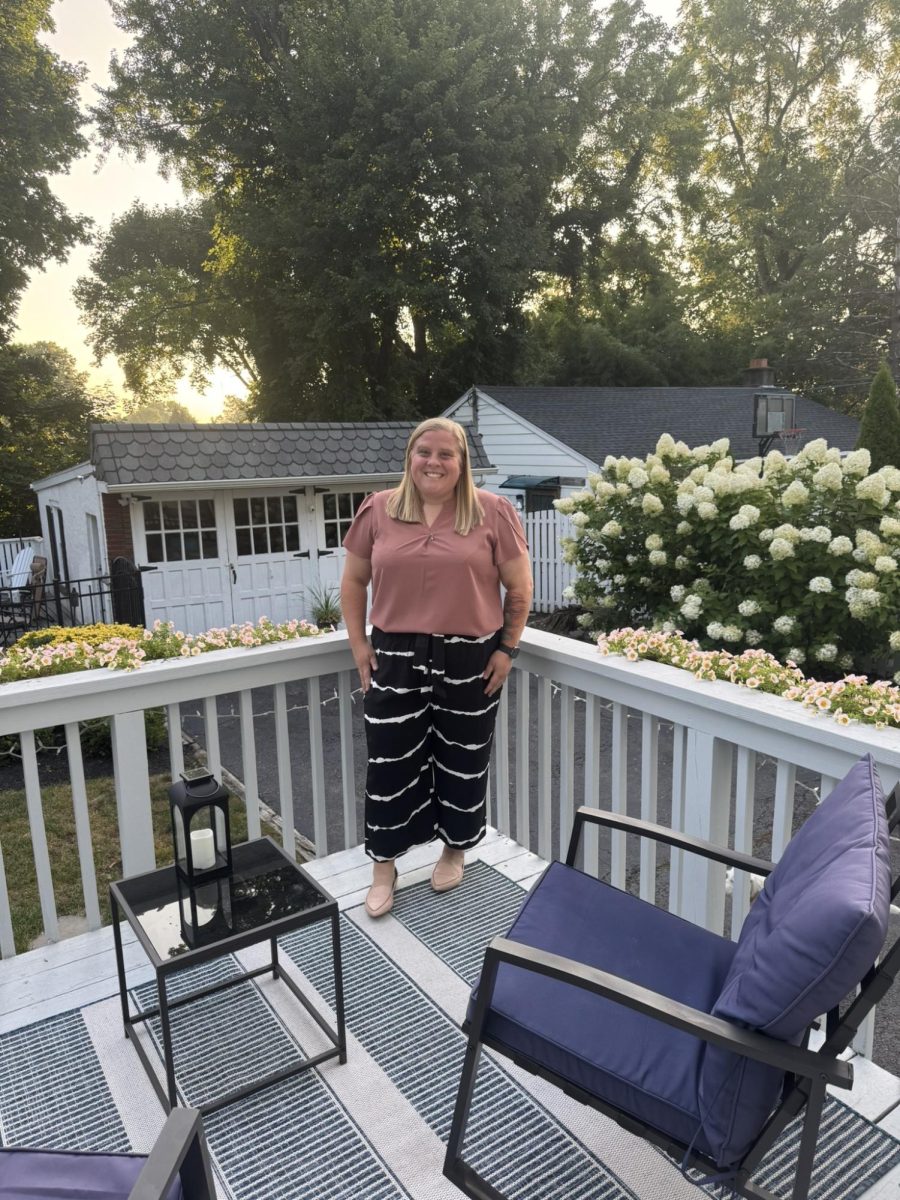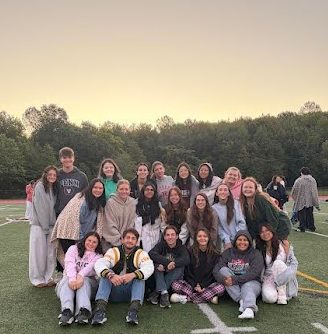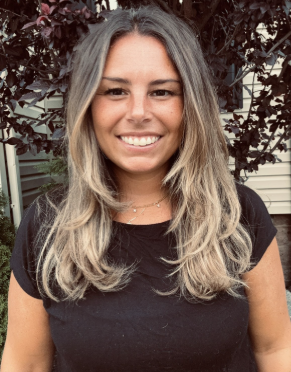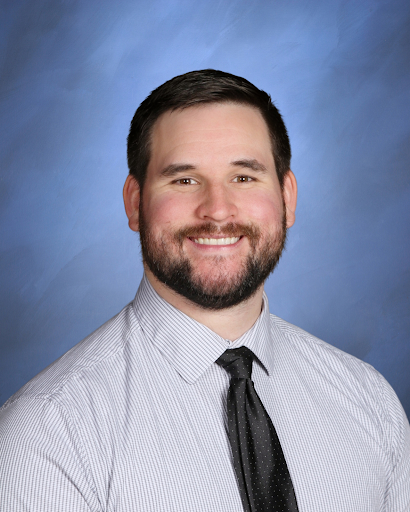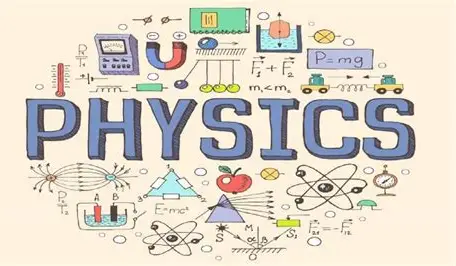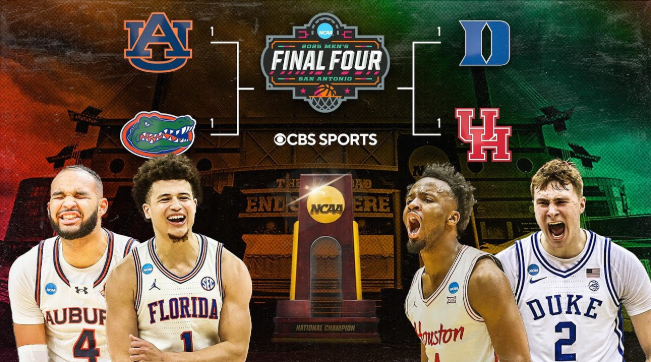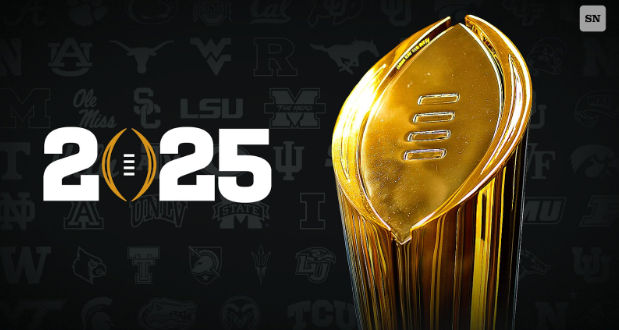Morris Knolls High School has offered the International Baccalaureate (IB) Program in-house since 2009, for 16 years. Long celebrated for its diverse academic opportunities, it is set to significantly change its curriculum. Starting in the upcoming academic year, the district will no longer offer the prestigious International Baccalaureate Diploma Program, a rigorous and globally recognized course of study that has prepared students for success in universities worldwide. This decision marks the end of an era for the district, leaving students and faculty reflecting on the program’s impact and exploring alternative pathways for advanced learning.
The International Baccalaureate (IB) Program started in 1968 in Geneva, Switzerland, to create a program that encourages global thinking and prepares students for an interconnected world. Children of diplomats or military members particularly benefited from attending IB schools because the consistent curriculum across countries minimized disruptions to their education caused by frequent relocations. The IB Program stands out because it combines academic challenges with opportunities for personal growth. Students not only take rigorous courses but also complete unique requirements like the Theory of Knowledge (TOK) class, the Extended Essay (EE), and Creativity, Activity, Service (CAS) projects, which push them to think critically and grow as individuals.
Morris Knolls High School introduced the IB Program in 2009, giving students the chance to take part in a globally recognized program. Over the years, it became a key part of the school’s identity, attracting students who wanted to challenge themselves academically while exploring new perspectives. Students who went through the IB Program often said it helped them with skills like time management, research, and critical thinking. The smaller group of IB students also made it easier to build close friendships, creating a community that supported each other through the ups and downs of such a demanding program.
Junior Soniya Shah expressed concern about the program’s removal, stating, “I feel like the school is at a loss since this is a bigger program. MK will continue to have Magnet, a math and science-oriented research program, but then IB will focus on making a better community and a well-rounded student. I feel like by getting rid of this, we’re losing that aspect and we’re slowly losing our liberal arts, and that is scary.”
Magnet student Emily Wach (11) shared a similar opinion, explaining “I don’t think it’s fair that they’re shutting down the program since this involves limiting the options students have to apply for. For example, there’s the magnet program, and a lot of people who are specifically interested in science and math can apply for that. But, some people don’t like those kinds of fields, and shutting down this program limits what they can apply for.”
The decision to end the IB Program at Morris Knolls was difficult, but it came down to a few main reasons. One of the biggest issues was that fewer and fewer students were enrolling in the program. Many students chose to take Advanced Placement (AP) classes instead, saying they liked how flexible the AP Program is and how it is well-known by colleges in the U.S. Furthermore, the cost of running the program influenced the decision. Running the IB Program is costly because teachers need special training, and the school has to pay annual fees to keep it going. With fewer students signing up, it became harder to justify spending so much money. The program itself is also demanding. For some students, the extra requirements like TOK, EE, and CAS felt overwhelming compared to just focusing on taking AP classes.
While it is sad to see the IB Program go, this change reflects the school’s efforts to adapt to what students need today. For many, it is the end of an era, but also the start of something new.
Despite IB leaving Morris Knolls, it continues to stand at other nearby high schools: Newark Academy, Bergen County Academics, West Morris Mendham, West Morris Central, and more. However, Rockaway and Denville middle-school students hoping to obtain the diploma by transferring to these high schools face a major inconvenience: they must switch school districts or even pay large sums of money.
Nevertheless, Morris Knolls will continue to run Advanced Placement (AP) courses. This still offers high-achieving students the opportunity for challenging coursework and college credit. Because of the College Board’s recognizable name, more students opt to be AP students rather than IB candidates.
The AP program’s flexibility allows students to select individual courses that align with their interests and academic strengths without committing to a comprehensive curriculum like the IB Diploma. Additionally, the perception that AP courses are more widely accepted by colleges and universities in the United States contributes to their popularity among students aiming for higher education.
In contrast, the IB program provides a holistic and internationally recognized framework emphasizing critical thinking, global perspectives, and interdisciplinary learning. While it requires a significant commitment, the IB Diploma can set students apart in a competitive admissions process, especially for institutions abroad or those that value well-rounded applicants.
While the IB Program will no longer be offered, Morris Knolls remains dedicated to providing students with pathways for academic excellence and success.
